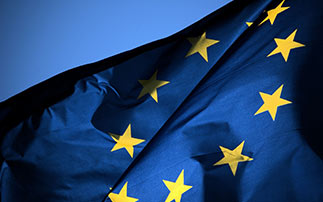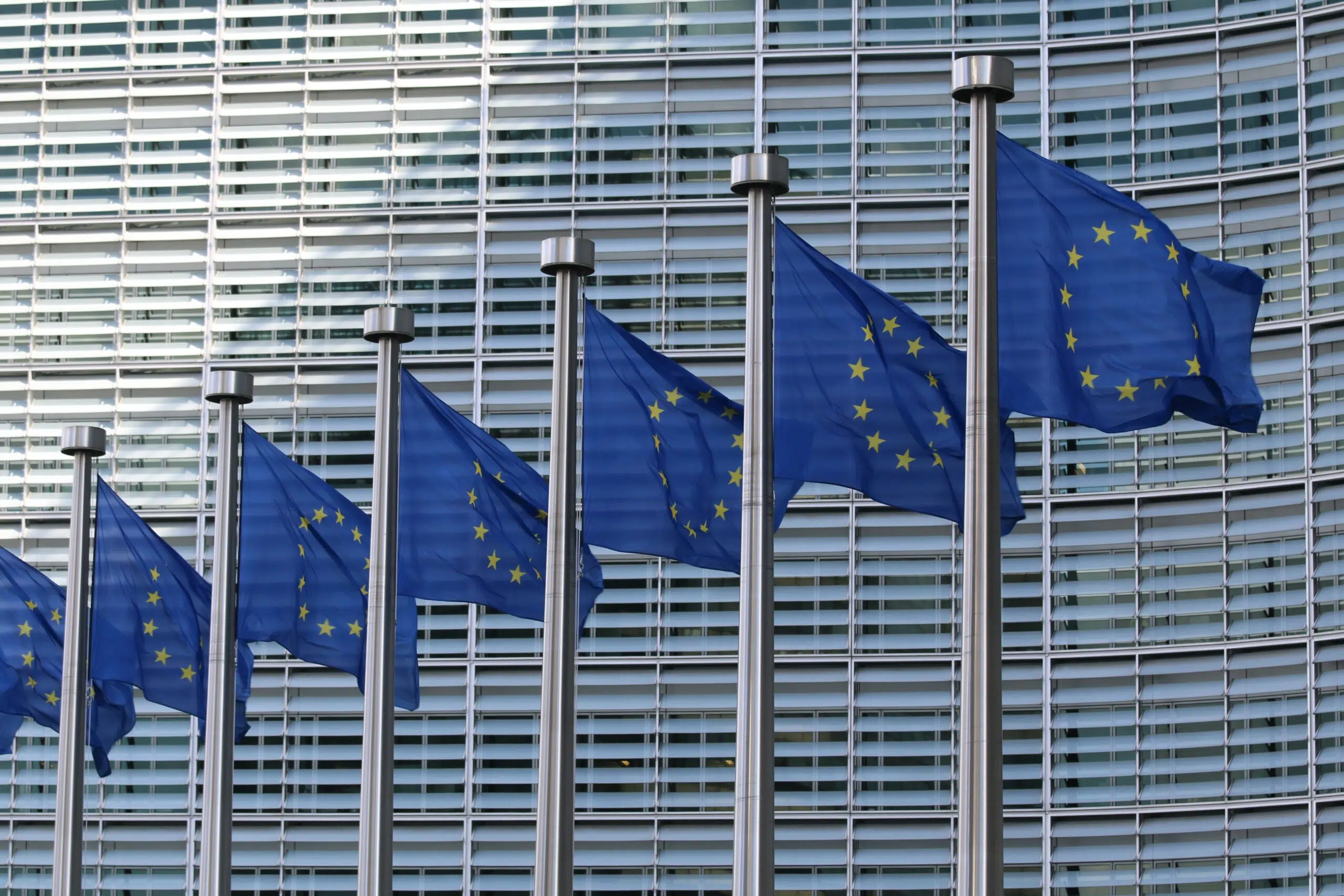In her 2022 State of the Union address, Commission President Ursula von der Leyen proposed to make 2023 the European Year of Skills. This should help to increase competitiveness, strengthen the match between the aspirations and skills of citizens and businesses, and attract new talent to the continent.
Digital and ecological transitions offer new opportunities for European citizens and the European economy. A citizen with the right skills will be equipped to adapt to the labour market. Yet more than three quarters of companies say they have difficulty finding workers with the necessary skills, and the latest Eurostat figures show that only 37% of adults are in regular education and training. Moreover, the Digital Economy and Society Index shows that four out of ten adults and one in three people working in Europe lack basic digital skills. Furthermore, women are very poorly represented in technology-related professions or studies.
The Commission wishes to encourage lifelong learning. To this end, the Member States have approved the social objectives of the Europe 2030 strategy, according to which at least 60% of adults should participate in training activities each year. Similarly, by 2030 the employment rate should reach 78% and 80% of adults should have at least basic digital skills.
In making this the Year of Skills, the Commission has set itself several objectives:
- To promote investment in training and skills development
- To ensure that skills are relevant to the needs of the labour market
- To match people’s aspirations and skills with labour market opportunities
- To attract people from third countries with the skills the EU needs
The Commission will launch awareness-raising campaigns, events and facilitate retraining. It can also rely on existing initiatives such as the European Skills Agenda, the Pact for Skills, the European strategy for universities and the Digital Skills and Jobs Platform. It can also build on many existing funding and support schemes such as the European Social Fund Plus, the Recovery and Resilience Facility, the Digital Europe Programme, Horizon Europe and Erasmus +.
Source: Commission kick-starts work on the European Year of Skills



